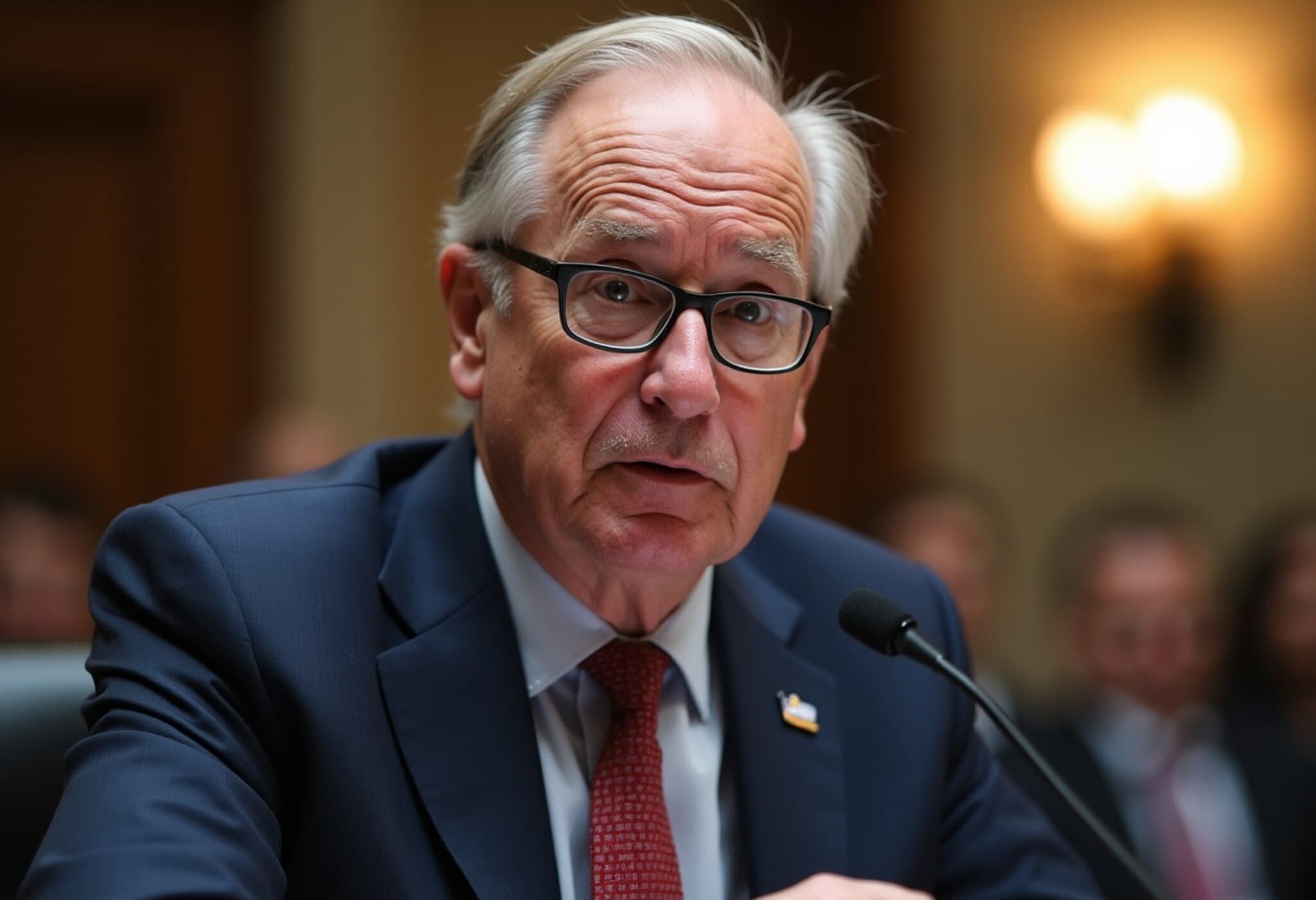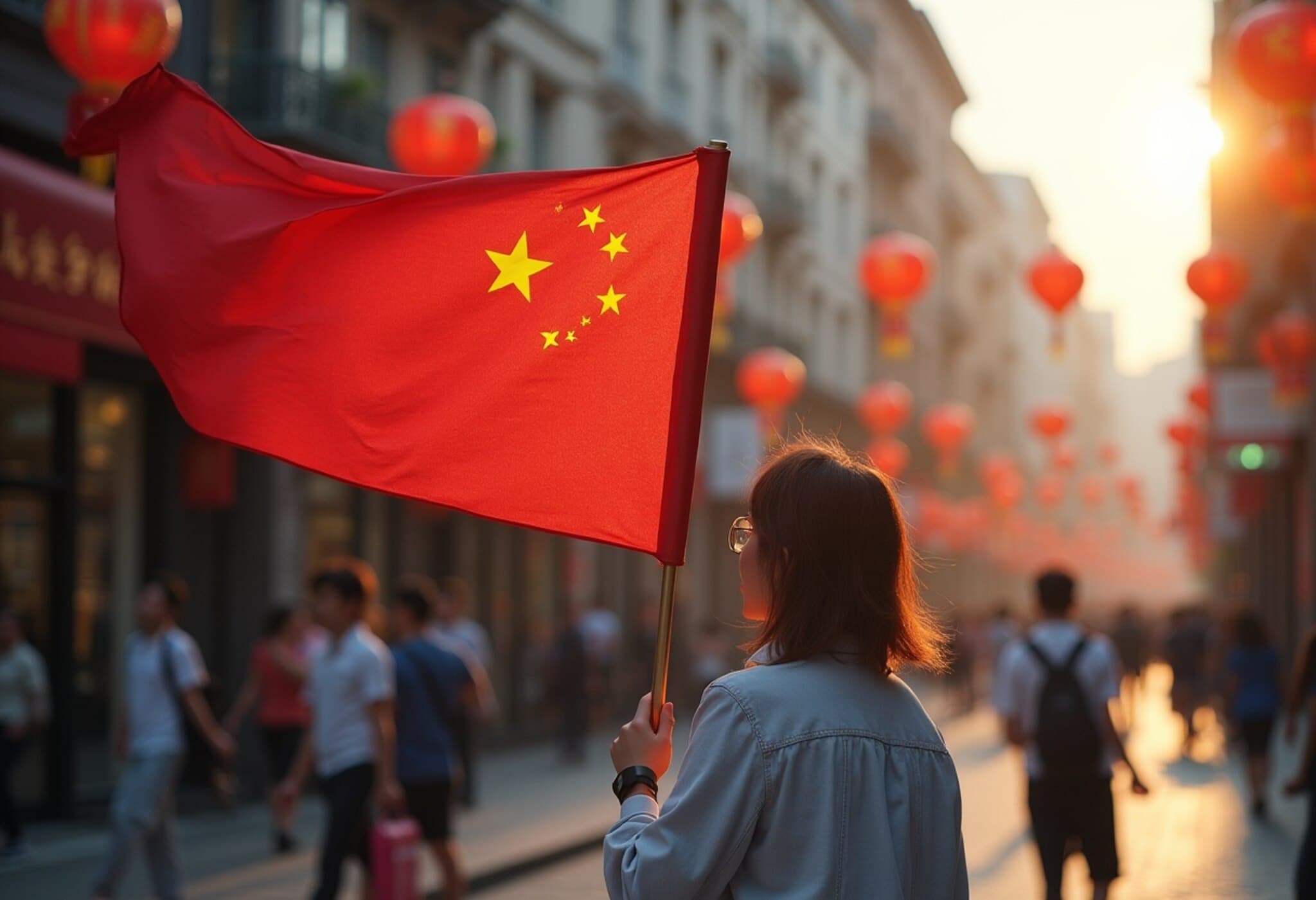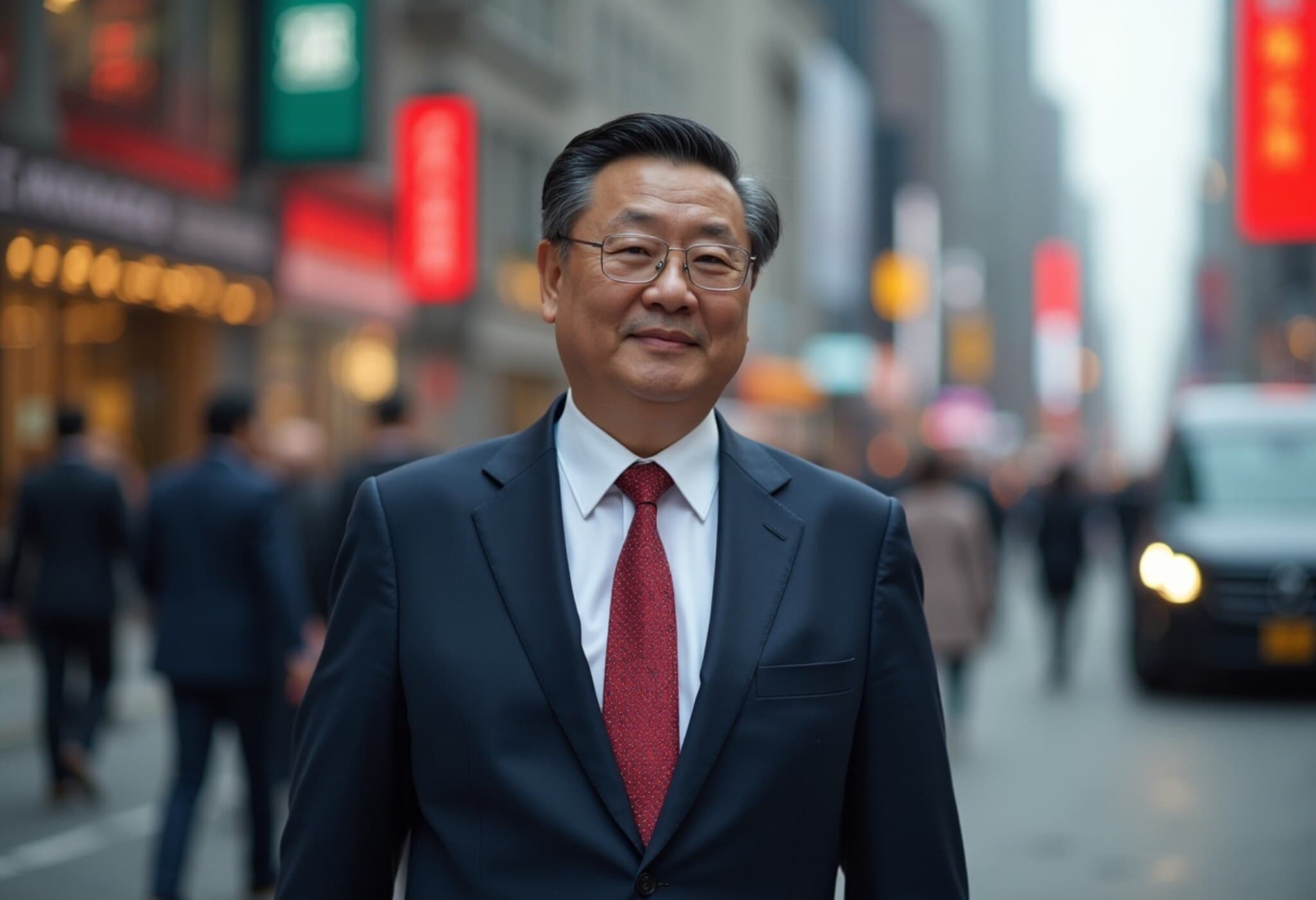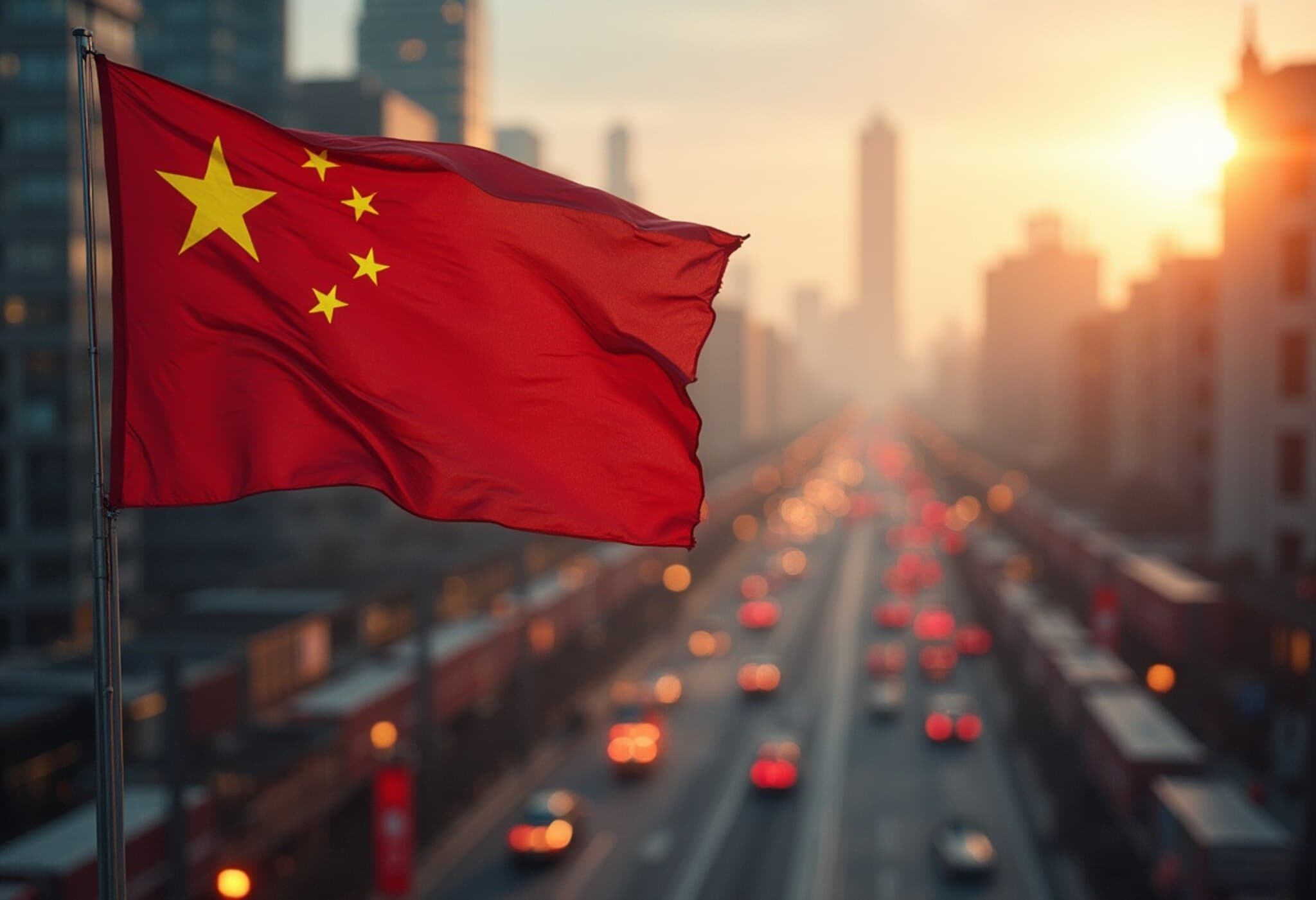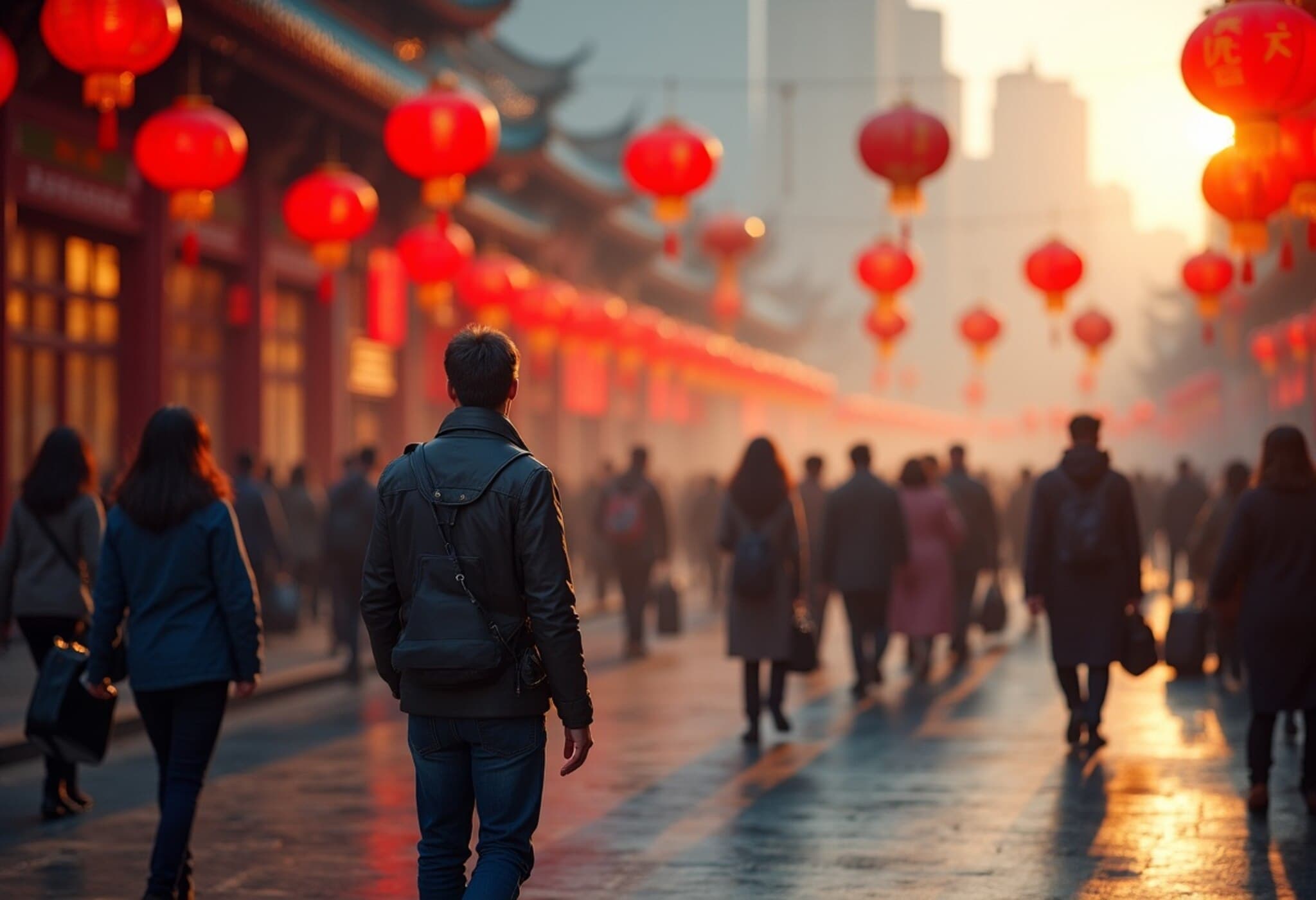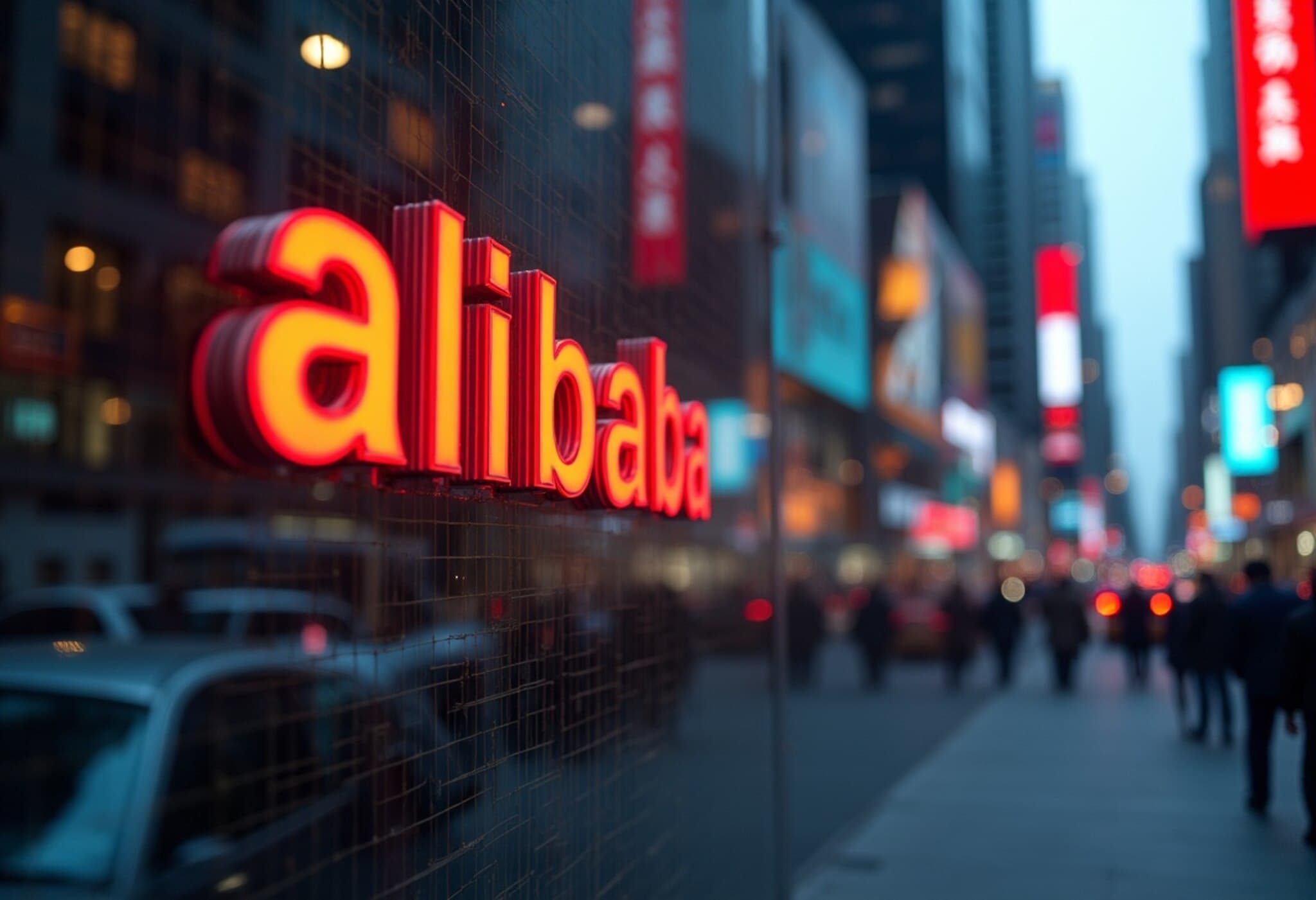China’s Affluent Economic Optimism Dips to Pandemic Levels
A recent in-depth study by global consulting firm Oliver Wyman reveals a striking trend: China’s affluent population harbors as much economic pessimism today as it did during the height of the Covid-19 pandemic. Conducted in May 2025 among 2,000 households earning over 30,000 yuan (approximately $4,180) monthly, the survey discovered that 22% of wealthy Chinese respondents viewed the economy negatively. This figure slightly surpasses the 21% recorded in October 2022, just prior to Beijing’s announcement to relax its zero-Covid restrictions.
Shifting Outlook on the Five-Year Horizon
What’s particularly telling is the decline in long-term economic confidence among these affluent individuals. Imke Wouters, partner at Oliver Wyman, notes this signals a “fundamental shift in mindset.” The perception of financial instability has caused a palpable change in spending and saving behaviors. “As uncertainty drags on, caution tightens its grip on consumption habits,” Wouters explains, underscoring a cautious economic stance among China’s elite.
Economic Climate: A Complex Backdrop
The recent downturn in Chinese consumer confidence aligns with broader economic challenges. Despite government efforts to bolster recovery, deflationary pressures and price wars in the private sector continue to weigh heavily on affluent households’ perceptions. Real estate deflation, a critical factor considering the property sector dominates much of household wealth, compounds the gloom.
China’s official consumer confidence index, often regarded as a bellwether for economic health, remains subdued. From a historic low of 85 in November 2022 amid aggressive pandemic controls, it edged only slightly to 88 by May 2025, signaling tepid optimism at best.
The Younger Generation Bears the Brunt
The survey’s age-segmented data reveals a generational divide in confidence levels. Young affluent individuals aged 18 to 28 residing in China’s megacities experienced the steepest drop in optimism between April and May 2025. This group faces an unemployment rate lingering in the mid-teens—a stark contrast to the national average near 5%—fueling economic anxieties.
Conversely, middle-aged respondents aged 29 to 44 retained the highest positivity, buoyed by greater accumulated wealth and more stable employment. Wouters highlights this group’s outlook may partly stem from a nostalgic hope for an economic renaissance — a sentiment that tends to grow with age and financial security.
Underreported Trends: Increasing Economic Inequality and Social Mobility Concerns
Beyond wealth sentiment, a less spotlighted, but critical issue emerges: perspectives on economic inequality. A 2023 study by Harvard and Stanford researchers highlighted that perceptions of "working harder but remaining poor" have surged, becoming the dominant explanation for poverty in China. This shift points to a growing societal unease regarding social mobility and fairness, particularly among the affluent youth.
Travel: A Silver Lining in Spending Preferences
Interestingly, despite economic wariness, affluent Chinese are eager to invest in international travel, marking a significant cultural shift. Wouters interprets this behavior as a prioritization of immediate emotional satisfaction over traditional luxury acquisitions. “They’re choosing experiences that enrich life now, rather than material goods,” she observes.
- Projected international travel in 2025: 37% of affluent Chinese, surpassing pre-pandemic levels of 32% in 2019.
- Already traveled abroad: 27% of survey respondents.
- Upcoming travelers: An additional 10% plan trips later this year.
However, travel patterns have shifted geographically. Rather than returning en masse to Western hotspots like the United States, affluent Chinese are favoring regional destinations such as Malaysia and Japan, where travel rates have rebounded to 2019 levels. This trend may reflect evolving geopolitical realities and a preference for destinations closer to home.
Expert Analysis: Why Does This Matter?
China’s wealthy class has traditionally been viewed as a bellwether for broader consumer confidence and economic health. Their growing pessimism is a warning sign for policymakers and international markets alike. The persistent economic uncertainty risks dampening domestic consumption—a critical engine for China’s growth strategy as it seeks less reliance on exports.
Moreover, the marked decline in younger affluent Chinese’s optimism and their awareness of inequality may foreshadow socio-political challenges. As this demographic navigates job market struggles and property market instability, their sentiments could influence future policy demands and social cohesion.
Looking Ahead
While the rising enthusiasm for international travel offers a boost to economic sectors tied to tourism and service industries, it also underscores a shift in consumer behavior emphasizing personal well-being and experiences. This trend might encourage businesses to recalibrate their offerings to meet evolving desires.
Editor’s Note
China’s affluent population stands at a crossroads: grappling with economic uncertainty reminiscent of the pandemic era while seeking solace and satisfaction through experiences like international travel. This complex landscape underscores the delicate balance between policy, economic realities, and social psychology shaping China’s recovery trajectory. For stakeholders—from policymakers to global investors—understanding these nuanced developments is crucial. Will Beijing’s future strategies address the root causes of affluents’ caution and younger generations’ disenchantment? Only time will tell.








